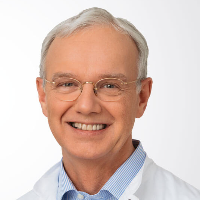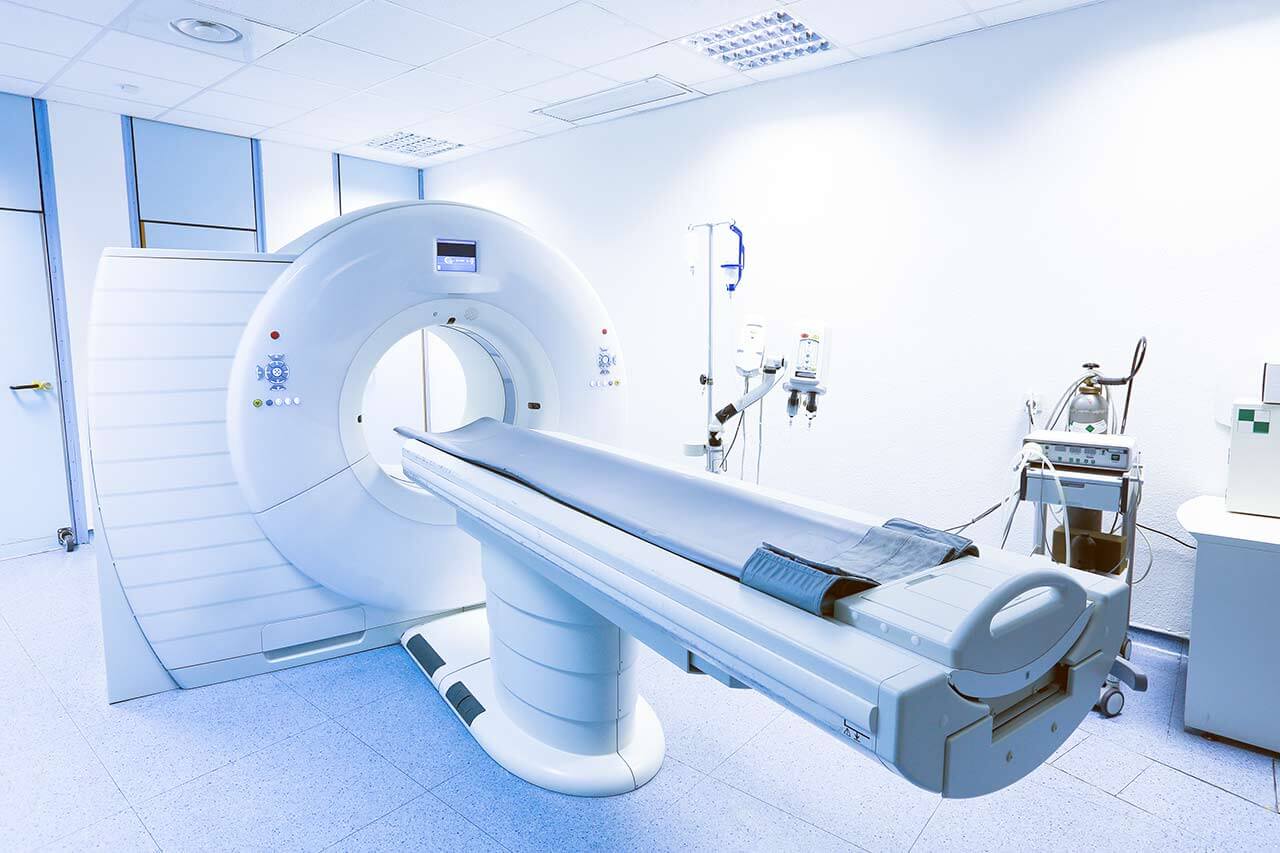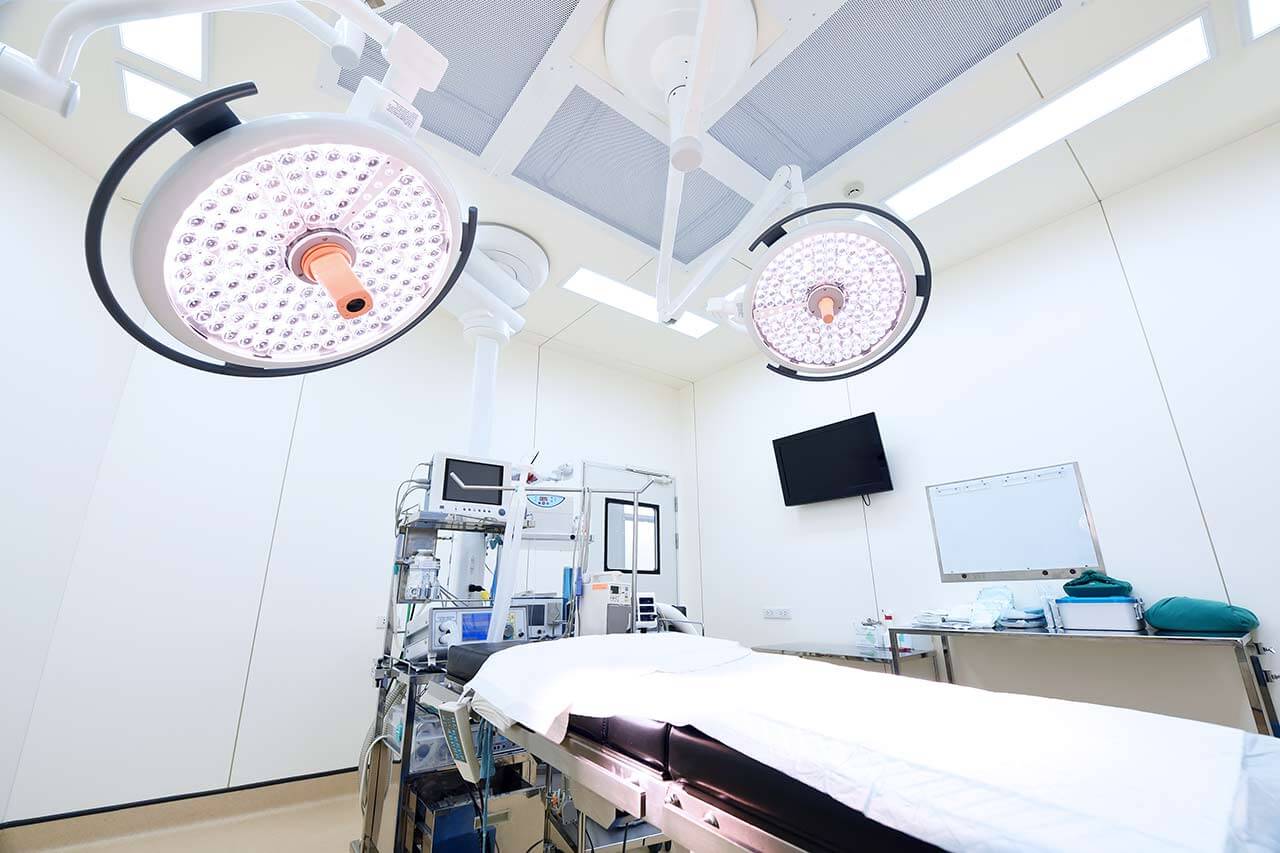
The program includes:
- Initial presentation in the clinic
- clinical history taking
- review of medical records
- physical examination
- laboratory tests:
- complete blood count
- general urine analysis
- biochemical analysis of blood
- inflammation indicators (CRP, ESR)
- indicators blood coagulation
- neurological examination
- functionality x-ray
- CT/MRI scan
- neuropsychological tests (on indications):
- ENMG (electroneuromyography)
- SEPs (somatosensory evoked potentials)
- preoperative care
- empyema resection under neuronavigation
- blood transfusions (if needed)
- postoperative control
- symptomatic treatment
- control examinations
- the cost of essential medicines and materials
- nursing services
- full hospital accommodation
- developing of further guidance
Required documents
- Medical records
- X-ray examination, MRI/CT scan (if available)
Service
You may also book:
 BookingHealth Price from:
BookingHealth Price from:
About the department
The Department of Spinal Surgery at the ATOS Fleetinsel Clinic Hamburg offers the full range of conservative and surgical treatments for spinal diseases. It provides medical care for patients with spinal disc herniation, spinal stenosis, spondylolisthesis, facet joint syndrome, scoliosis, vertebral fractures, and other pathologies. The specialists have many effective conservative treatment methods at their disposal, including drug therapy, therapeutic exercises, massage, cryotherapy, thermotherapy, laser therapy, and electrotherapy. The healthcare facility also successfully performs spinal blocks. These are interventional procedures, during which an anesthetic drug is injected into the pathological lesion with a special needle under imaging guidance. The therapeutic options are complemented by a wide range of surgical procedures. The physicians in the department strive to provide the patient with the most effective and least invasive surgical treatment. Therefore, they use minimally invasive, microsurgical, and endoscopic techniques in their clinical practice. Treatment complies with the recommendations of the German Spine Society (DWG). Each clinical case is considered on an individual basis to ensure the best possible outcomes.
The Head Physician of the department is PD Dr. med. Michael Muschik. The specialist has deep knowledge in the field of spine surgery and has more than 30 years of successful clinical practice. According to the Focus magazine, Dr. Michael Muschik is one of the best spinal surgeons in Germany.
The department specializes in the treatment of cervical, thoracic, and lumbar disc herniations. Patients with cervical disc herniations experience dull or sharp pain in the neck or between the shoulder blades, pain radiating to the arm, and numbness and tingling in the shoulders or arms. In some cases, dizziness, headaches, and tinnitus may develop. In most cases, conservative treatment with painkillers and physiotherapeutic measures is sufficient to relieve pain. For patients with cervical disc herniation, periradicular therapy (PRT) is often recommended for pain relief. This manipulation involves injecting an anesthetic into the pathological focus with a special thin needle under CT guidance. PRT is performed on an outpatient basis, in collaboration with radiologists. The last-line treatment is surgery. The department's specialists perform microsurgical ventral spinal fusion with the implantation of a PEEK intervertebral cage system.
The department also regularly treats patients with thoracic disc herniations. The main manifestation of this type of hernia is pain between the shoulder blades in the upper back. The pathology also often causes symptoms such as dizziness, nausea, and a rapid heartbeat. When a thoracic disc herniation is detected, the department's doctors are faced with the task of eliminating the pain syndrome. For this purpose, they use drug treatment, physiotherapy, and exercise therapy. The optimal set of therapeutic measures for the patient is prescribed on an individual basis. Surgery may be performed only if the hernia causes compression in the spinal cord and nerve endings or there is a risk of developing paraplegia. Surgery is performed using minimally invasive techniques.
Lumbar disc herniations are the most common in the clinical practice of spinal surgeons in the department. The pathology causes severe pain in the lower back, burning, numbness, and tingling in the groin area, legs, thighs, and buttocks, and severe mobility restrictions. In most cases, the department's specialists can help the patient with conservative methods without surgery. During the therapeutic process, they use drug treatment with painkillers, exercise therapy, relaxation methods, massage, manual therapy, and physiotherapy. If clinically indicated, the department's doctors, together with radiologists, perform spinal blocks under imaging guidance. The treatment lasts 8-12 weeks. In advanced stages, lumbar disc herniations do not always respond well to conservative therapy, and surgery may be necessary. The department performs minimally invasive operations for lumbar disc herniations using microsurgical techniques.
The medical facility offers the full range of conservative and surgical treatments for scoliosis, which is a lateral curvature of the spinal column relative to its axis. Mild forms of scoliosis are not dangerous, but as the pathology progresses, chest deformities may develop with damage to the internal organs (heart, lungs, stomach, intestines, or kidneys), pelvic deformities, etc. The specialists of the department conduct a comprehensive examination and, based on the diagnostic data obtained, develop an individual treatment regimen for the patient. The main conservative treatments include exercise therapy, physiotherapy, and correction with a special corset. For complex forms of scoliosis, the department's spinal surgeons perform surgical correction.
The department's clinical focuses include the following:
- Conservative and surgical treatment of cervical, thoracic, and lumbar disc herniations
- Conservative and surgical treatment of spinal stenosis
- Conservative and surgical treatment of spondylolisthesis
- Conservative and surgical treatment of facet joint syndrome
- Conservative and surgical treatment of scoliosis
- Conservative and surgical treatment of vertebral fractures
- Conservative and surgical treatment of other spinal diseases
Curriculum vitae
Higher Education and Professional Career
- 1984 - 1990 Medical studies, Humboldt University of Berlin.
- 1990 Admission to medical practice.
- 1995 Board certification in Orthopedics.
- 1998 Habilitation, PD.
- 2004 Board certification in Physical Therapy.
- 2008 Board certification in Orthopedics and Trauma Surgery.
- 2013 Board certification in Pediatric Orthopedics.
Professional Career
- 1990 Assistant Physician, Department of Surgery, Prenzlauer Berg Hospital Berlin.
- 1991 - 1995 Assistant Physician, Department of Orthopedics, Charite University Hospital Berlin.
- 1991 - 1992 Six-month internship, Department of Pediatric Orthopedics and Scoliosis Surgery, Invalid Foundation, Helsinki.
- 1996 Senior Physician, Department of Orthopedics, Charite University Hospital Berlin.
- 2000 Head Physician and Medical Director, Department of Orthopedics and Scoliosis Center, Seehospital Sahlenburg.
- 2005 Head Physician, Department of Orthopedics, Park-Clinic Weissensee Berlin and Schlosspark Hospital Berlin.
- Since 2011 Head Physician, Department of Spinal Surgery, ATOS Fleetinsel Clinic Hamburg.
Clinical Interests
- Treatment of spinal disc herniation.
- Treatment of spinal fractures.
- Treatment of scoliosis in children, adolescents, and adults.
- Treatment of spondylolisthesis.
- Treatment of spinal stenosis.
- Treatment of facet joint syndrome.
- Treatment of post-nucleotomy syndrome.
- Treatment of spinal tumors.
- Treatment of syringomyelia.
- Treatment of myelopathies.
Photo of the doctor: (c) ATOS Klinik Fleetinsel Hamburg
About hospital
The ATOS Fleetinsel Clinic Hamburg is a modern medical facility with an impeccable reputation. The clinic is located in the historical center of Hamburg, in the Fleetinsel district. After more than 20 years of successful clinical practice, the clinic has gained a leading position in the treatment of orthopedic diseases in Germany. The clinic specializes in the conservative and surgical treatment of joint, hand, foot, and spinal diseases. The clinic also offers services in the field of reconstructive and aesthetic plastic surgery. The fundamental principle of the clinic's work is the use of advanced technologies and effective treatment methods.
Medical care is provided by a team of highly qualified doctors, who are recognized as the best in their specialty according to the rating of the prestigious German Focus magazine. Specialists devote sufficient time to comprehensive diagnosis and individual consultations, during which they tell patients in detail about possible treatment options and expected outcomes. Whenever possible, preference is given to conservative treatment. Surgical procedures are performed using minimally invasive techniques, allowing patients to recover quickly with virtually no risk of postoperative complications and excellent cosmetic results.
The beautiful interior design of the ATOS Fleetinsel Clinic Hamburg deserves special attention. The healthcare facility has created the most comfortable conditions so that patients can fully concentrate on restoring their health. The nursing staff is happy to help patients, is interested in their needs and wishes, and provides sensitive care.
More than 98% of patients recommend treatment at the ATOS Fleetinsel Clinic Hamburg, which shows a very high level of patient satisfaction with the medical services provided.
Photo: (с) depositphotos
Accommodation in hospital
Patients rooms
The patients of the ATOS Fleetinsel Clinic Hamburg stay in comfortable single and double rooms with all amenities. The rooms have a modern design and are decorated in bright colors. Each patient room has an ensuite bathroom with a shower and a toilet. The patient rooms are equipped with a comfortable, automatically adjustable bed, a bedside table with a pull-out tray, a wardrobe, a table and chairs, a telephone, and a TV. The patient rooms have access to Wi-Fi.
Meals and Menus
The clinic offers delicious and healthy meals three times a day: breakfast, lunch, and dinner. The patient can be provided with an individual menu if necessary.
Further details
Standard rooms include:
![]() Toilet
Toilet
![]() Shower
Shower
![]() Wi-Fi
Wi-Fi
![]() TV
TV
Accompanying person
Your accompanying person may stay with you in your patient room or at the hotel of your choice during the inpatient program.
Hotel
You may stay at the hotel of your choice during the outpatient program. Our managers will support you in selecting the best option.




